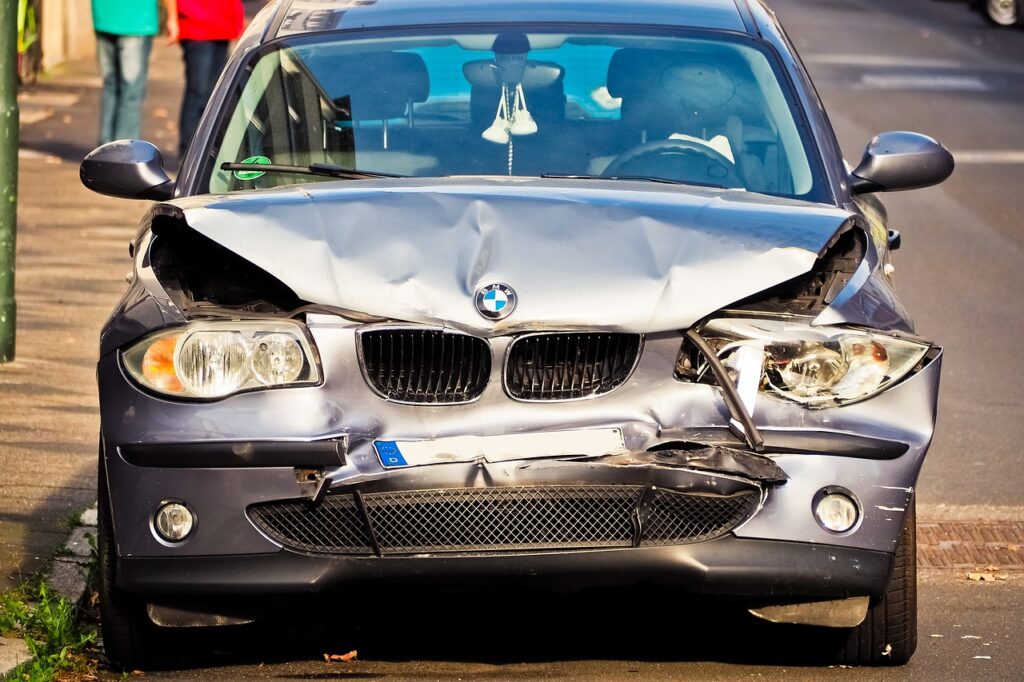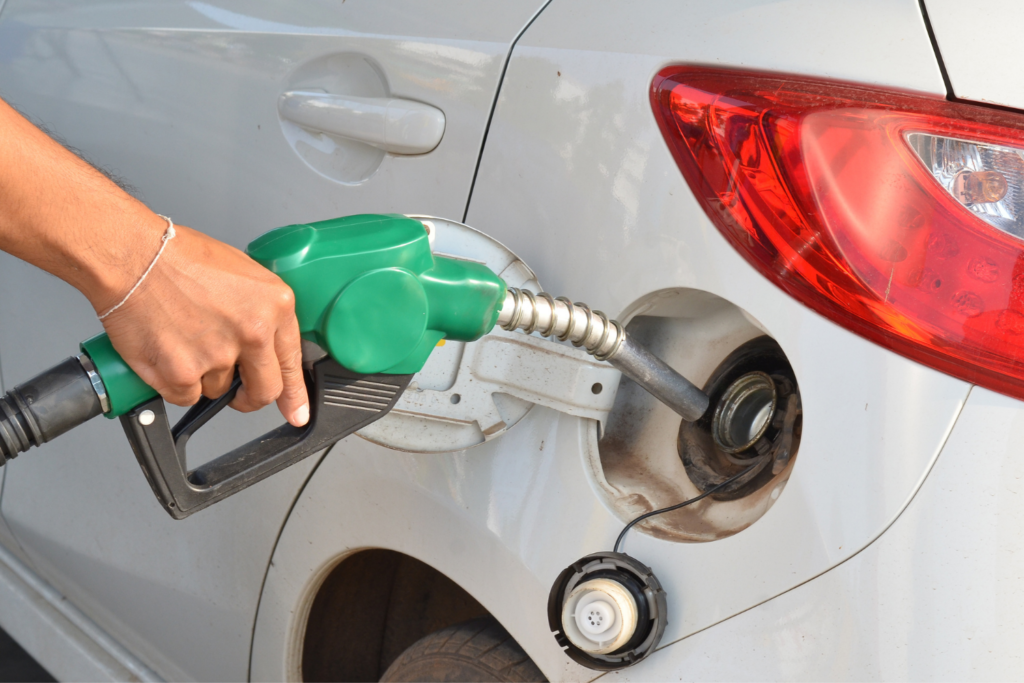
Experiencing a car crash can be a traumatic event, both physically and financially. Amidst the flurry of medical check-ups, car repairs, and insurance claims, it’s easy to overlook the impact the accident can have on your financial stability. It’s critical to take proactive steps to safeguard your finances following such an event. This guide will provide essential strategies to protect your finances after a car crash, helping you navigate the complexities and avoid potential pitfalls.
Contents
Engage a Car Accident Lawyer
Engaging an accident lawyer soon after the accident is often a wise first step. An experienced car accident lawyer can guide you through the legal process, ensuring you adhere to time-sensitive procedures and correctly file all necessary documentation. They can also help negotiate with insurance companies, who may try to limit their payouts.
Moreover, a lawyer can assist in gathering evidence, establishing liability, and quantifying damages. This includes not just your immediate medical bills and car repair costs but also longer-term impacts such as ongoing medical treatments, loss of earnings, and psychological distress. By accurately assessing these factors, they can help you seek appropriate compensation, protecting your financial interests in the long run.
Review Your Insurance Coverage
After an accident, it’s crucial to review your auto insurance policy thoroughly. Understand what it covers to avoid unexpected expenses. Take time to carefully read through the policy and contact your provider for clarifications if needed. Know if it covers car repairs, medical bills, rental car costs, and lost earnings from missed work.
Moreover, it’s equally important to promptly file a claim with your insurance company, adhering to their specific procedures and deadlines. Ensure that you provide them with all necessary documents and information, such as a copy of the police report, photographs of the accident scene, and medical reports. Correctly filing the claim not only expedites the process but also increases your chances of receiving adequate compensation.
Document All Expenses
Keeping track of all expenses related to the accident is another crucial aspect of protecting your finances. This includes medical bills, repair costs, rental car charges, and even smaller outlays like transportation costs to medical appointments. All these expenses can add up, and having a comprehensive record of them can significantly aid in your insurance claim process or in any legal proceedings that may follow.

In addition to tangible expenses, it’s essential to document any lost earnings resulting from your inability to work after the accident. This could involve obtaining a formal declaration from your employer outlining your usual income, the time you missed off work, and consequent lost earnings. Maintaining thorough documentation of these losses will further support your claim, ensuring that you receive fair compensation for all the financial impacts of the accident.
Consider Alternative Financial Resources
Contemplating alternative financial resources can sometimes be a plan B after a car accident. For instance, if your insurance coverage doesn’t fully cover all your expenses or if you’re facing a delay in your claim settlement, you may need to look for other funding sources. This could include personal savings, family support, or even short-term loans. Carefully evaluating your financial situation and making informed decisions can help you navigate this challenging time without incurring additional financial stress.
It’s crucial to approach any form of borrowing with caution. When considering a loan, ensure you fully understand the terms and conditions, including the interest rates and repayment plan. If you’re borrowing from family or friends, it may be beneficial to agree on the repayment terms upfront to prevent any future misunderstandings. The goal of considering alternative financial resources is to bridge any short-term financial gaps, not to push you further into debt.
Prioritize Your Health
While dealing with the financial repercussions of a car crash is important, prioritizing your health is paramount. The trauma from an accident can lead to various physical injuries and emotional distress, which, if neglected, can further exacerbate the financial strain by increasing medical costs. Therefore, initiating timely and adequate medical care is vital. Do not skip or postpone treatments or therapies due to financial concerns. Remember, your health is an invaluable asset, and investing in it is a wise decision.
Simultaneously, it’s essential to address any psychological impacts of the accident. Post-traumatic stress disorder (PTSD), anxiety, and depression are common after accidents and can significantly affect your overall health and ability to work. Seek professional help if you’re experiencing any emotional or mental health issues. Some insurance policies may cover mental health services, and there are also community resources available to provide support.
Protect Your Credit Score
While navigating the financial aftermath of a car crash, it’s crucial to safeguard your credit score. Accidents can lead to unexpected expenditures, which can sometimes result in late or missed payments on your existing credits, thereby negatively impacting your credit score. It’s essential to make arrangements for your regular bill payments, even when dealing with the added expenses from the accident.
Keep a close eye on your credit reports for any inaccuracies, particularly those related to the accident. Any medical bills or car repair costs that go to collections can detrimentally affect your credit score. If you find any inaccuracies, dispute them promptly with the credit bureaus. Maintaining a healthy credit score during this challenging time can prevent long-term financial complications and provide a smoother path to recovery.
Plan for the Future
Use this experience as an opportunity to plan for unforeseen events in the future. This involves creating a strategy to manage potential financial burdens that may arise down the line due to the accident. As part of this plan, consider setting aside an emergency fund to cover unforeseen expenses, such as additional medical treatments or extended periods off work.
It might be beneficial to reassess your financial plans and goals in light of the accident. This could involve revising your budget to accommodate increased expenditure, adjusting investment strategies, or rescheduling major financial decisions. Remember, seeking professional financial advice can be invaluable in helping you chart a pragmatic and practical course for your financial future.
Experiencing a car crash can be a difficult and overwhelming ordeal. However, by taking proactive measures to safeguard your finances with the strategies mentioned above, you can minimize the financial impacts and focus on your physical and emotional recovery. Remember, seeking professional guidance and support throughout this process is crucial in protecting your financial health in the long run.




